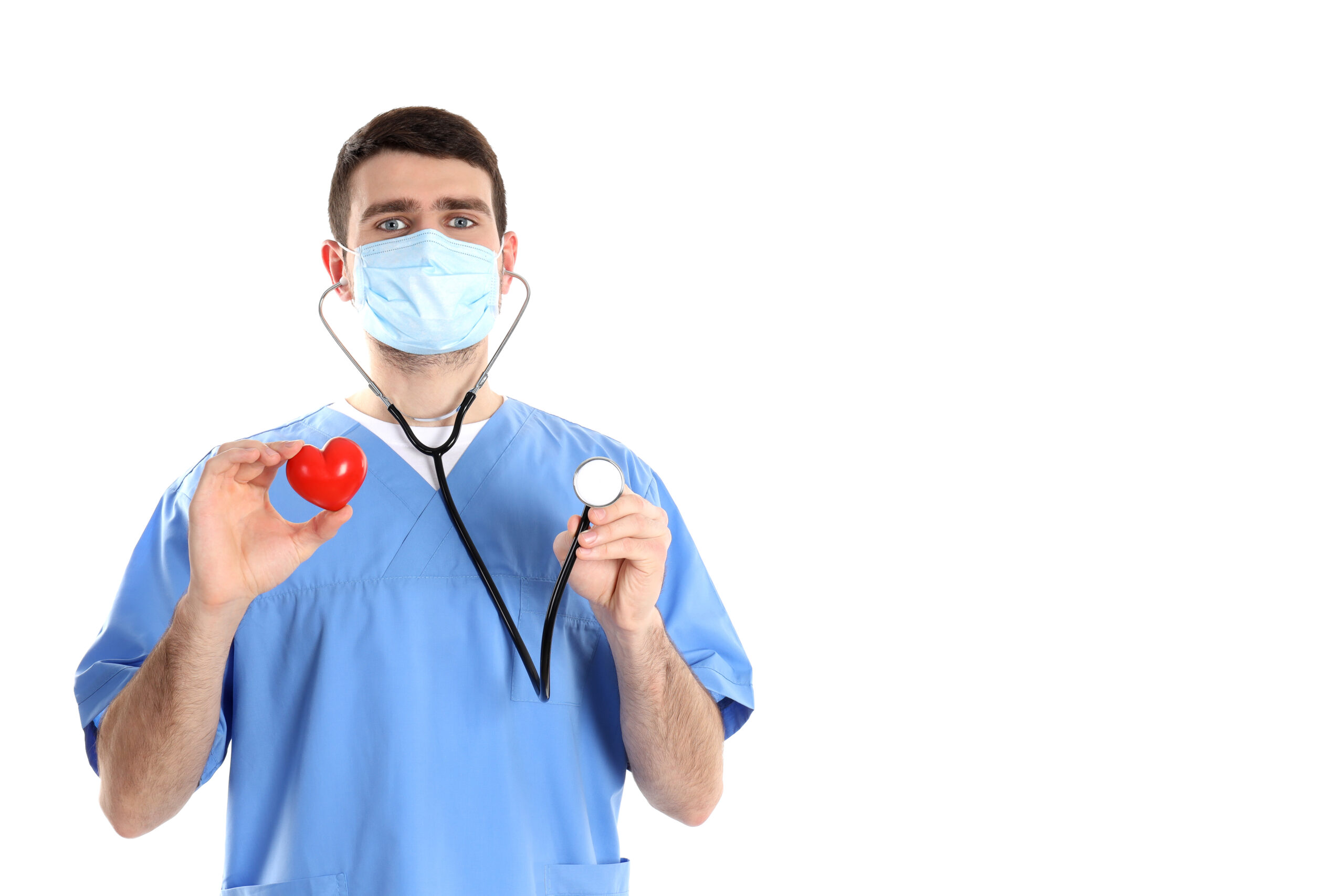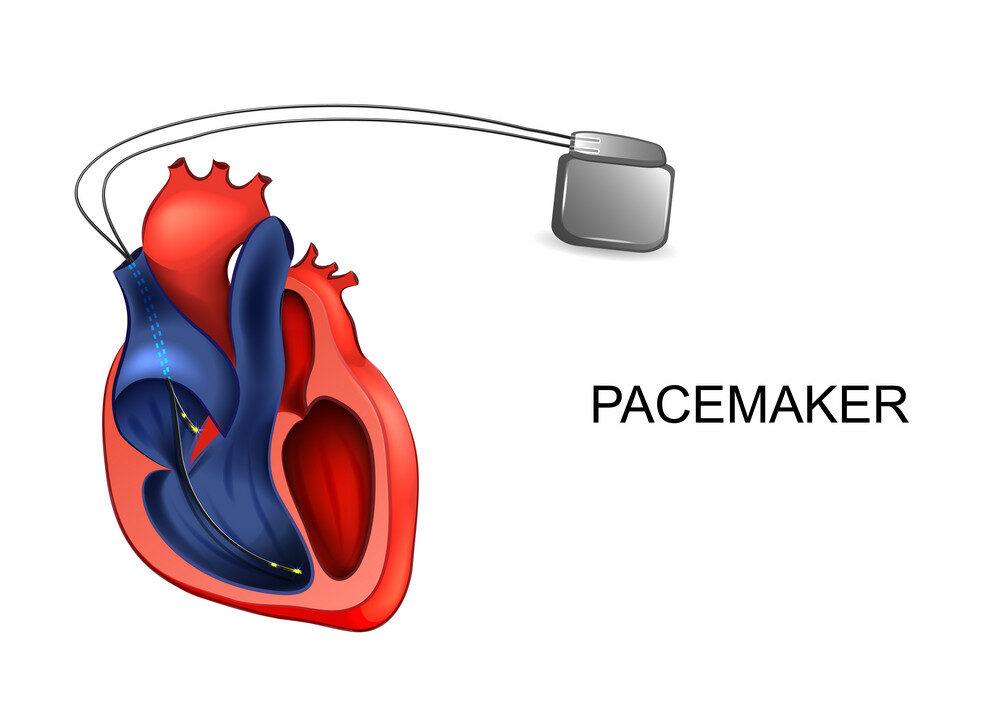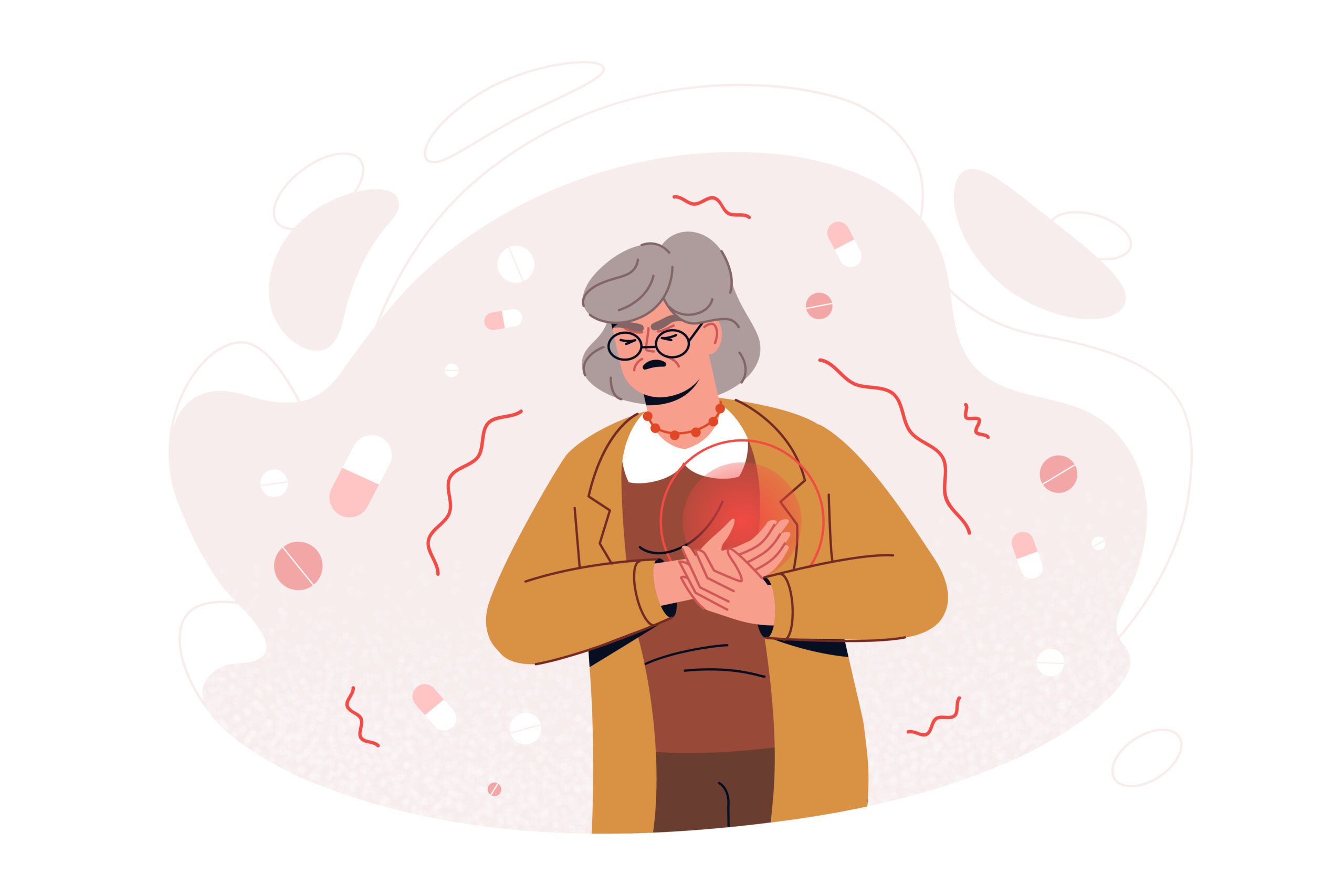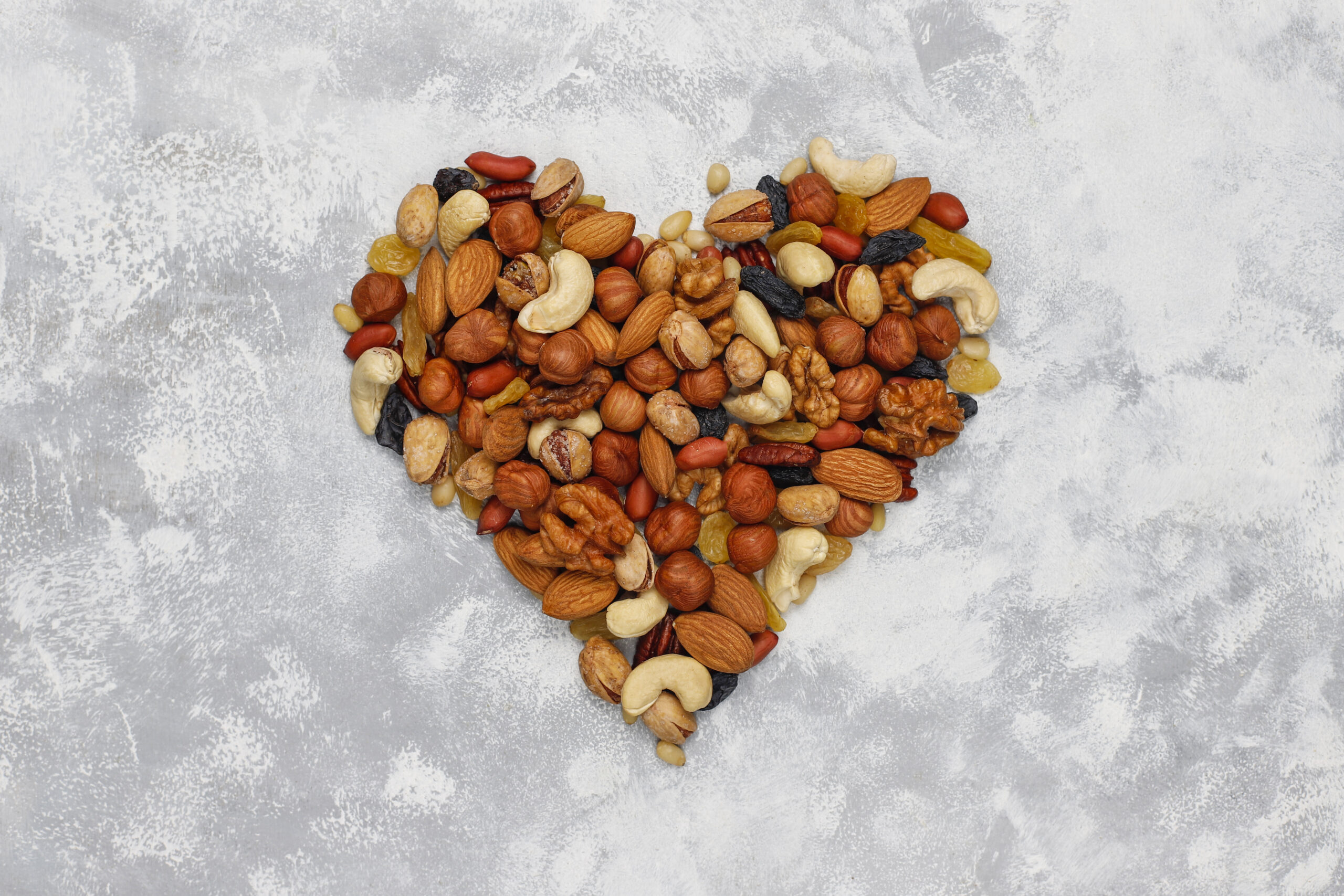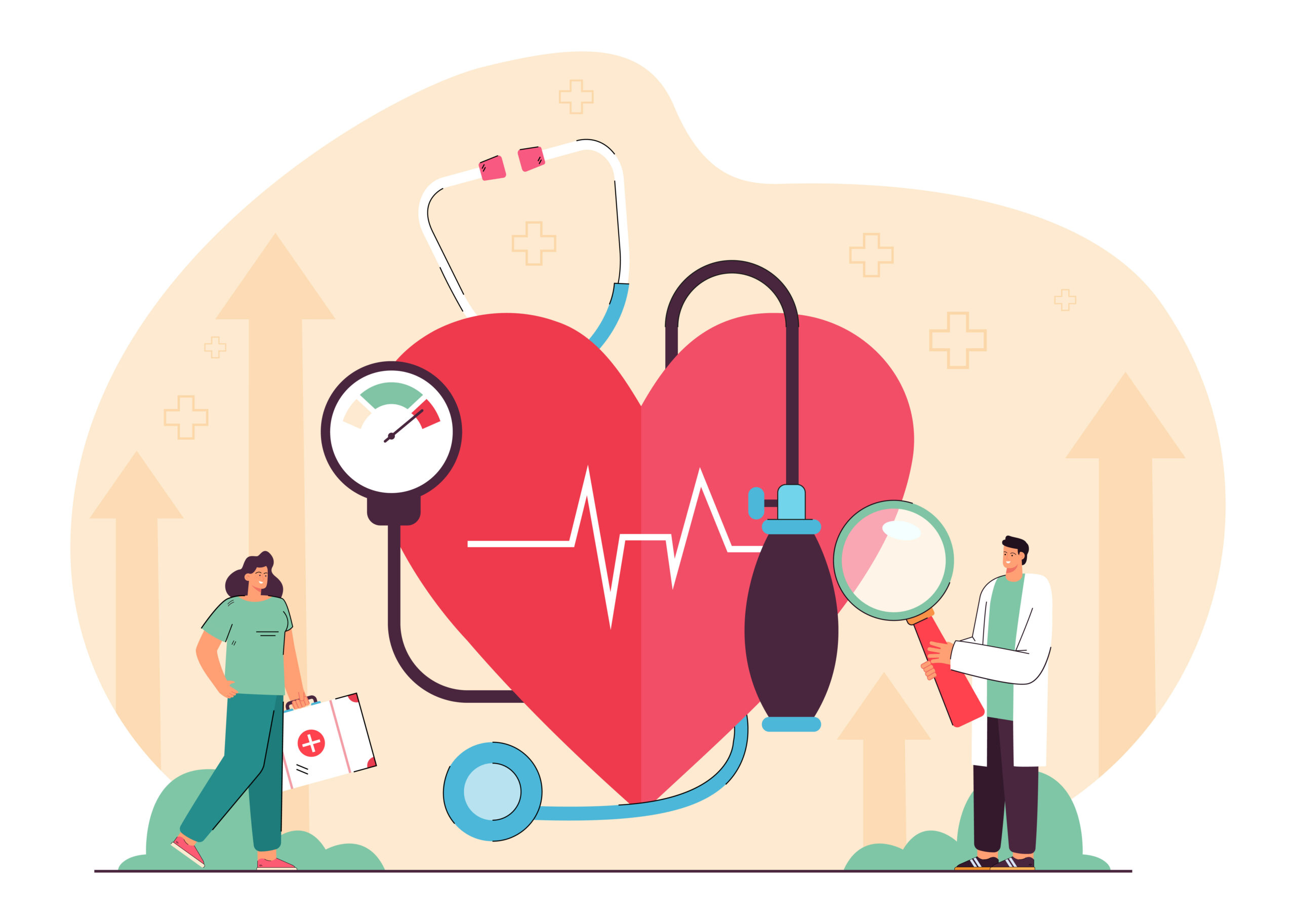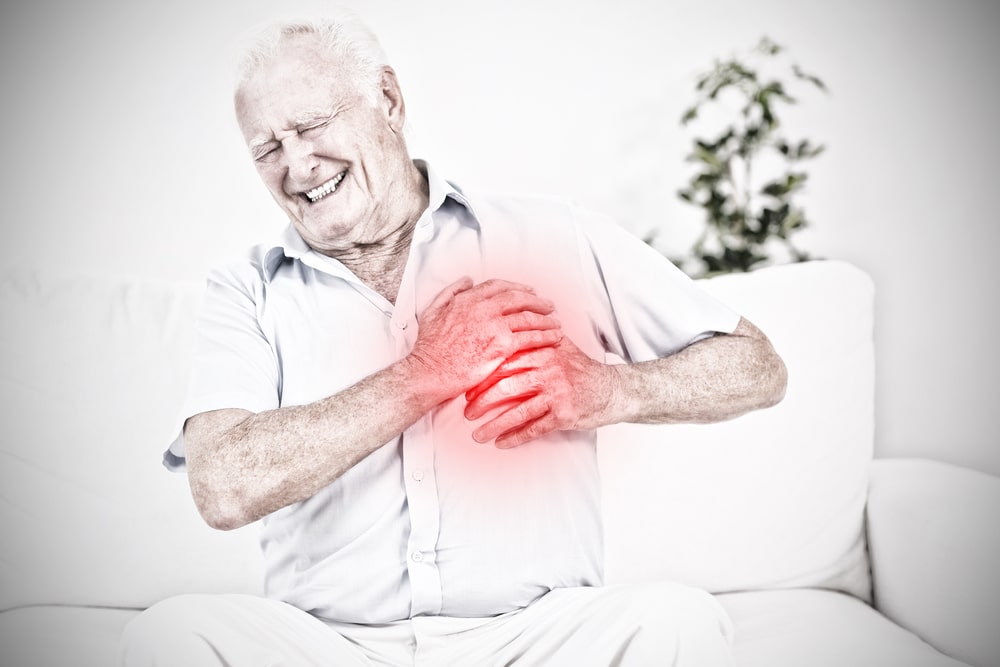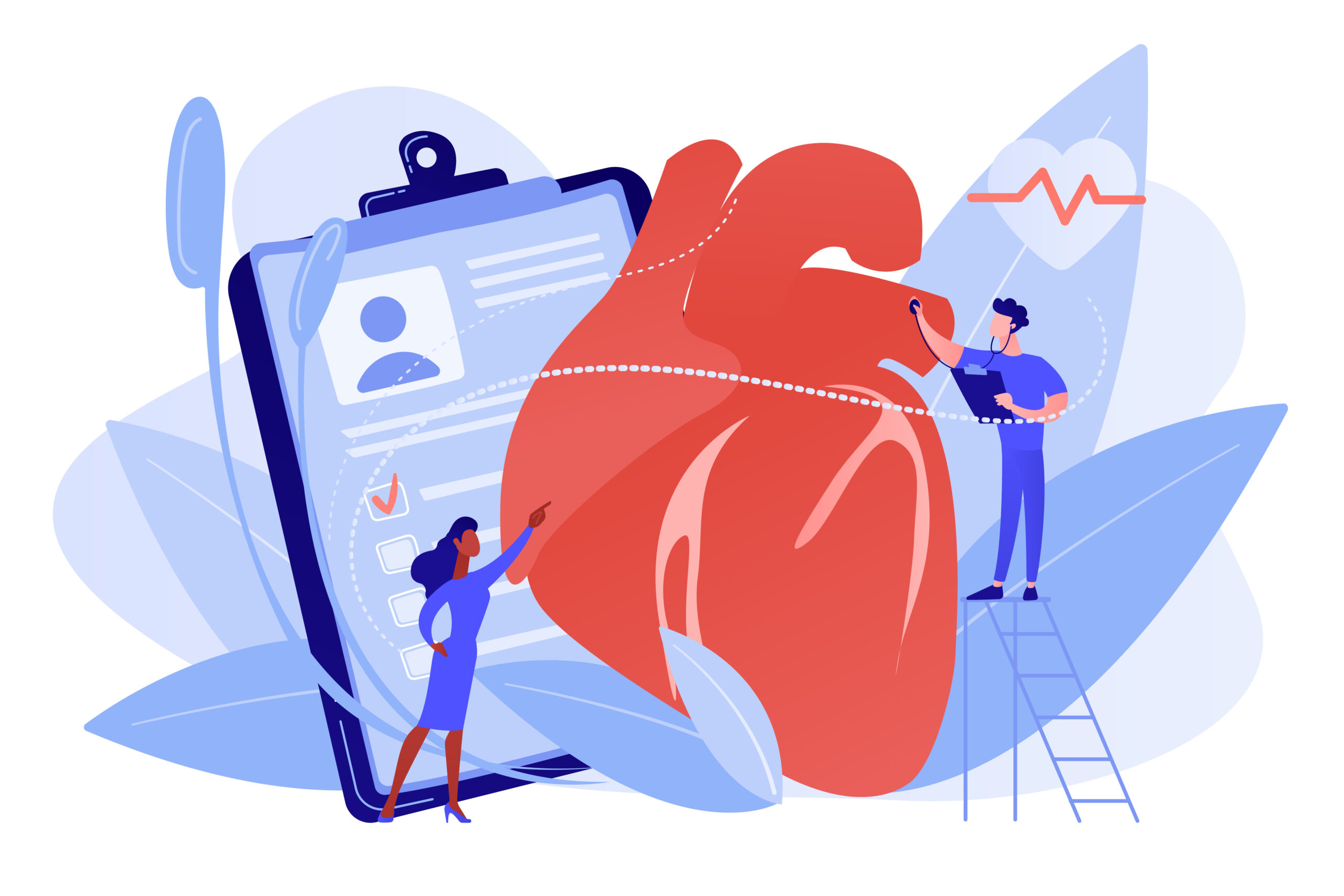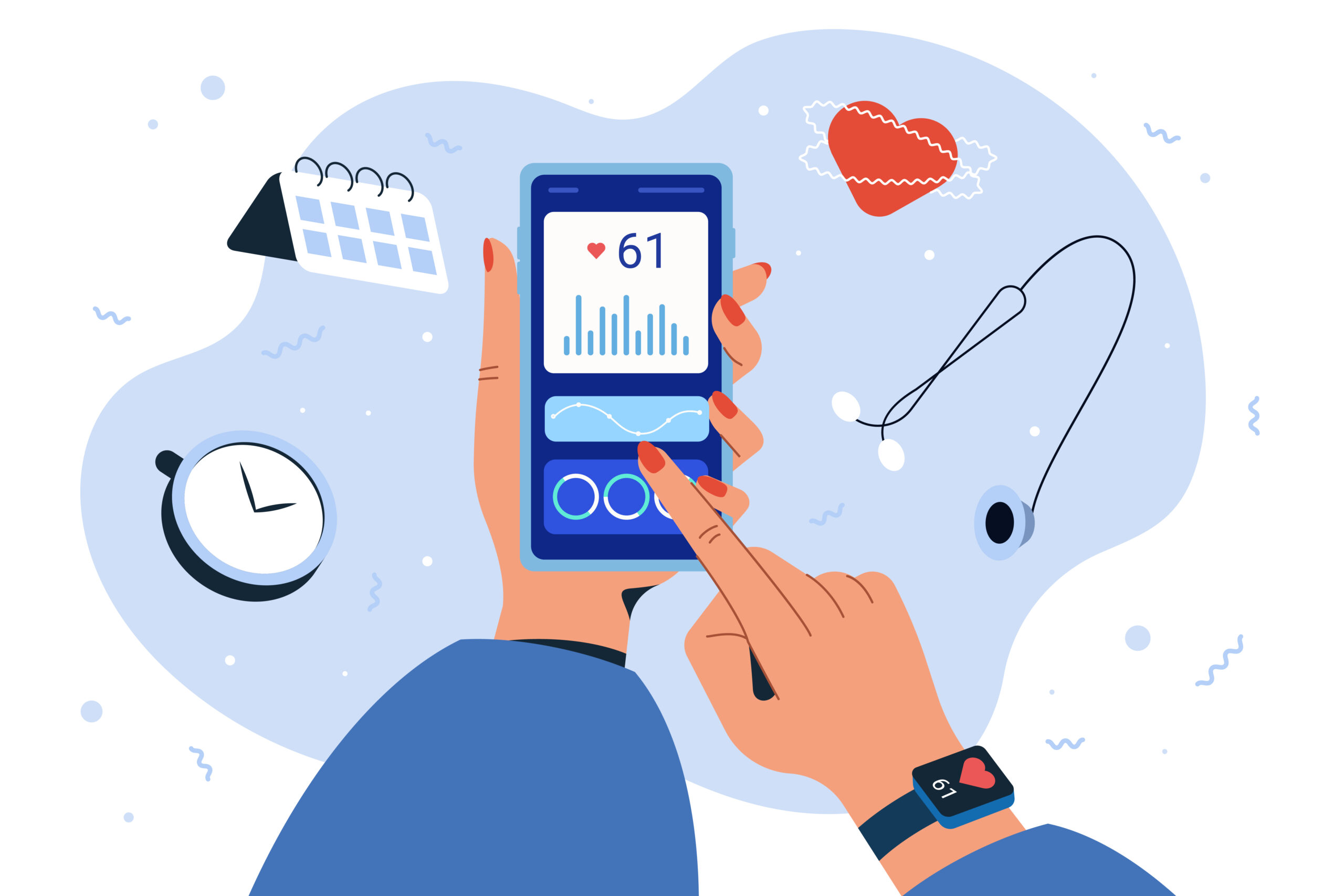You may already have a basic understanding of your risk for cardiovascular disease. Maybe heart disease runs in your family, you used to smoke or your cholesterol levels are slightly higher than your doctor would like — all factors that put you at higher risk for heart attacks and strokes says Dr. Sanjay Kumar, the Best Cardiologist in Faridabad.
But when it comes to heart disease, having the most comprehensive information about your personal risk can help your healthcare team put the most effective plan in place for preventing these conditions.
Dr. Sanjay Kumar, the best Cardiologist in Faridabad uses innovative technologies and imaging to detect heart disease. The following are some of the tests our physicians use to get the most accurate pictures of your personal risk.
Top Heart Tests for Heart Disease Risk
Genetic Testing for Heart Attack Risk
Certain genetic variations in a person’s DNA are linked with an increased risk of heart attacks. Using a sample of your blood, doctors can look for these variations to determine if you’re at an increased risk of heart disease and heart attacks.
Vascular Ultrasound Screening
During this non-invasive test, doctors use the same technology used for sonograms performed on pregnant women. Vascular ultrasound screenings assess your arteries for signs of atherosclerosis, or blocked arteries, by either the accumulation of plaque or thickening of the blood vessel walls.
Coronary Artery Calcium Scanning
Another non-invasive method for determining your risk for having a heart attack. A “heart scan,” or computed tomography CT scan of the heart, evaluates the coronary arteries for a buildup of calcium. Calcium is a marker for atherosclerotic plaque, which causes blocked arteries. Higher coronary artery calcium scores are associated with a higher risk for heart attack.
Advanced Lipid Laboratory Testing
These tests go beyond basic cholesterol testing to provide more information about your blood lipid levels. Analysis of lipids including apolipoproteins A and B, lipoprotein (a), lipoprotein sub-fractions can be used by physicians to diagnose lipid diseases and refine your cardiovascular risk assessment. These tests can help your healthcare team provide the most appropriate treatment options for you.
Ambulatory 24-hour Blood Pressure Monitoring
This test is a valuable tool for diagnosing hypertension because it gives physicians a more accurate look at your blood pressure numbers. The small, portable and automated cuff and monitor device will measure your blood pressure for 24 hours, giving doctors a comprehensive assessment of your blood pressure throughout the day and night.

